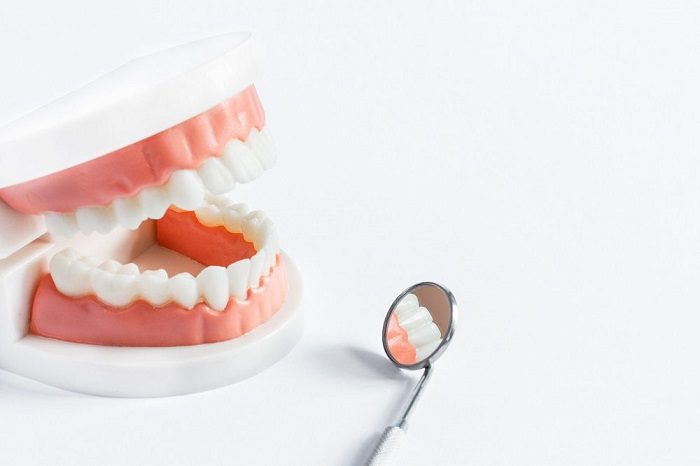About half of American adults will contract an infection in the gum tissue known as periodontal disease. Though common, gum disease can wreak serious havoc on your oral health. It is also the leading cause of tooth loss.
If you lose one or more teeth, you can work with your dentist to replace them and restore your dental structure. But damage from gum disease may mean certain restorative dental solutions are not possible.
Your dentist will evaluate your dental structure and consider your oral health goals to find the optimal tooth replacement treatment for your unique smile. But understanding the lasting damage that gum disease can cause can help you prioritize your periodontal health to avoid developing the infection in the first place. Read on to learn more about how gum disease can impact the treatments you qualify for when it comes to tooth replacement.

How Does Gum Disease Lead to Tooth Loss?
Gum disease occurs when oral bacteria reach the gum tissue. Then bacteria eat away at the gums, inflaming the tissue there. As the infection advances, you will start to see the gums recede. And bacteria will also hurt the root of the teeth and the jawbone.
The teeth may begin to feel wiggly or misaligned. Then the extensive damage will cause them to fall out of their sockets.
You will require intervention from a dentist to eradicate gum disease because the infection will not heal on its own. They will need to thoroughly clean excess bacteria from deep in the gum pockets with targeted therapy. The infection is easier to treat when diagnosed early. So do not delay seeking gum disease treatment if you notice gum irritation or other periodontal symptoms.
Can I Receive Dental Implants After Treating Gum Disease?
If you suffer from tooth loss due to advanced gum disease, you should talk to your dentist to find a way to restore your smile. Missing teeth can put you in danger of further oral health complications without tooth replacement.
However, damage from gum disease may disqualify you from certain tooth replacement treatments at first. For instance, dentists often recommend implant dentistry for maximum restorative benefits when it comes to tooth replacement. But the dental implant relies on a strong and stable foundation for the surgically placed anchor in the gums and jaw.
If gum disease deteriorated too much bone in the jaw or gum tissue, you cannot sustain the implant. In this case, the dentist might suggest a bone graft or gum graft to add more structure that can ultimately support a dental implant.
The dentist will evaluate your oral health prior to pursuing implant dentistry to ensure you can successfully receive the device. They will use x-ray imaging to check your jawbone structure.
You can pursue removable tooth replacement options, like dentures, if you do not want dental implants. However, these appliances will offer fewer advantages than implants. Learn more when you schedule a consultation with your dentist.
